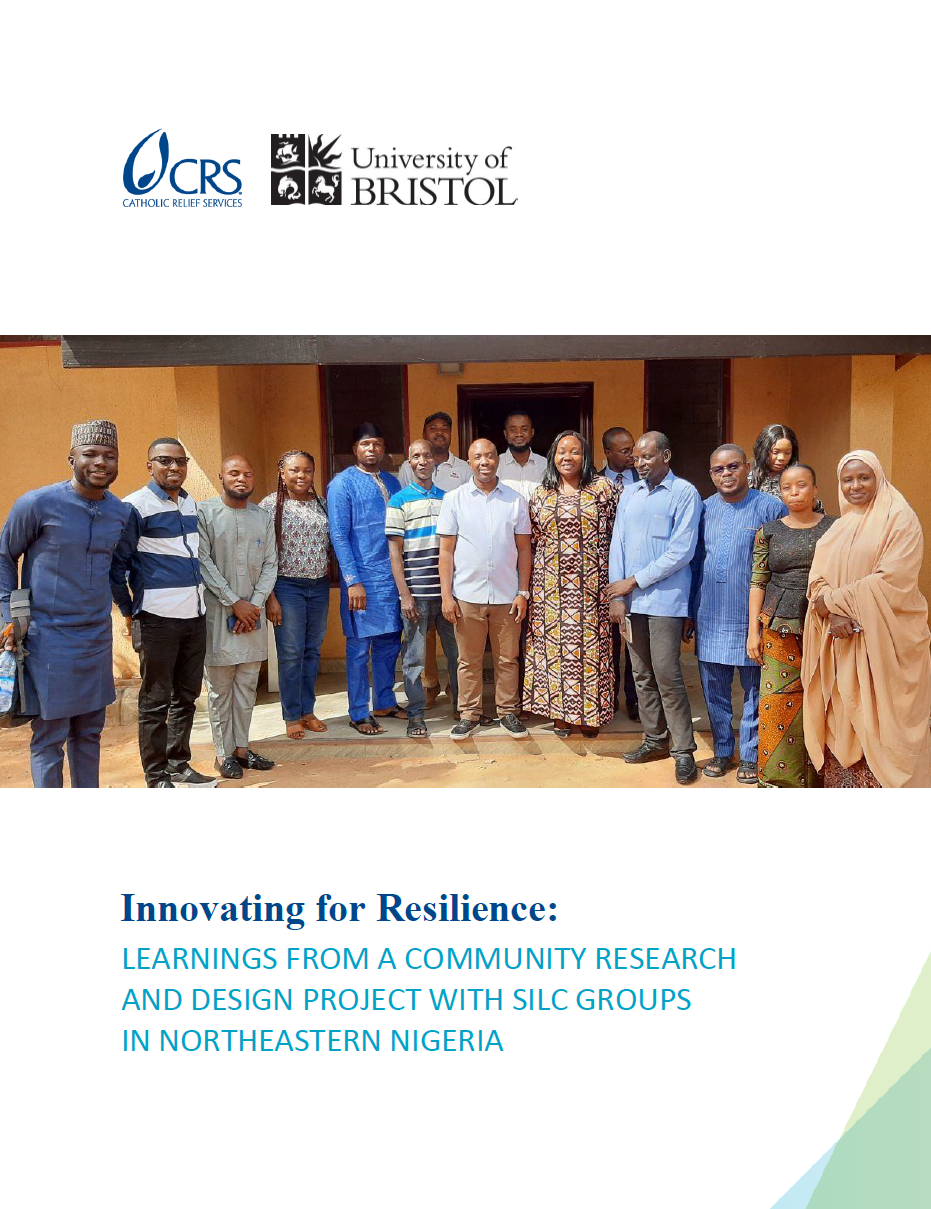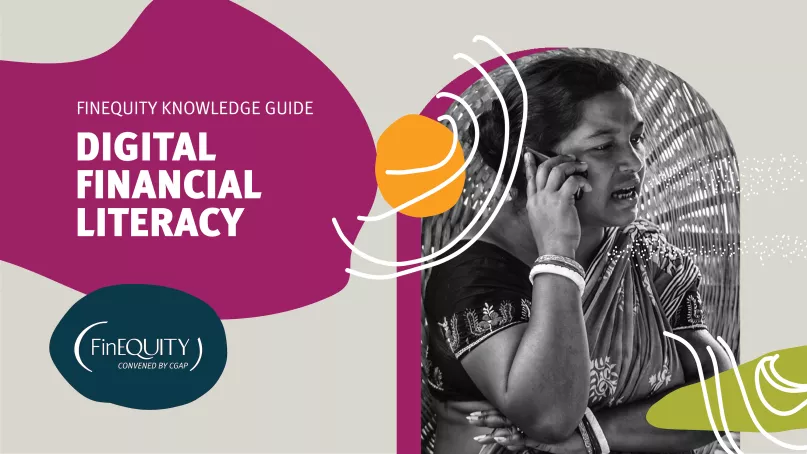This resource presents findings from a collaborative research and design project with SILC groups in Northeastern Nigeria, conducted by CRS and the University of Bristol. The study investigates how SILC members define and build financial resilience, mapping out the challenges they face and the strategies they employ. Key takeaways include:
- SILC groups provide crucial support for managing income and expense volatility, offering savings and loans that help members buffer financial shocks.
- Social networks and group motivation are vital for resilience, with SILC strengthening community ties and empowering members to plan for the future.
- While SILC enables members to absorb and sometimes adapt to shocks, transformative change is limited by external factors like infrastructure and policy.
- The brief proposes actionable ideas for enhancing SILC’s impact, such as improving access to training, digitizing group processes, and leveraging SILC networks for advocacy and community planning. Overall, the project demonstrates the value of participant-driven innovation and highlights pathways for strengthening resilience through savings groups.




